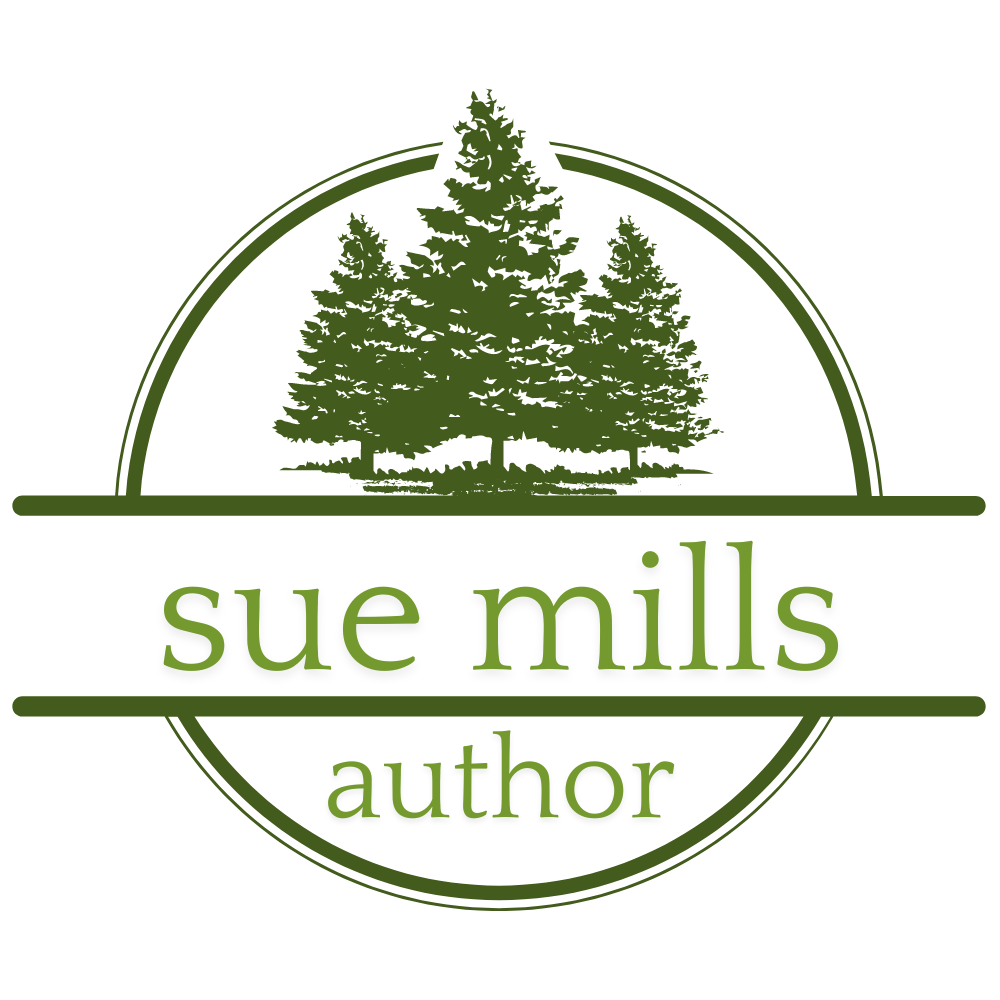For many, the dream of becoming an indie author is often associated with youth, a time of boundless energy and creativity. But for those who find themselves pursuing this passion later in life, the journey of becoming an indie author later in life can be a fulfilling, challenging, and deeply transformative journey.
If you’ve ever wondered what it’s like to embrace writing and publishing your own books as an older adult, here’s a glimpse into the realities—both the hurdles and the triumphs—of taking that leap.
1. Rediscovering Your Creative Voice
One of the most beautiful aspects of embarking on the journey of becoming an indie author later in life is the rediscovery of your creative self. After years spent in other careers, raising a family, or pursuing different paths, writing can offer a return to a part of yourself that may have been dormant for years.
With life experience comes wisdom, perspective, and stories that are rich with complexity. The words you write at 50, 60, or beyond carry the weight of lived experience. They offer a depth and authenticity that younger authors may not yet have. Writing later in life allows you to channel the lessons, emotions, and insights you’ve gathered over the decades into meaningful stories.
2. Overcoming Self-Doubt and Fear of Starting "Too Late"
One of the biggest challenges for older indie authors is the nagging feeling that they’ve started too late. It’s easy to look at younger writers with dozens of books already published and feel like you’ve missed your window of opportunity. But that’s just a myth.
The reality is, it’s never too late to become an author. Many famous writers published their first books later in life—think of Laura Ingalls Wilder, who published her first “Little House” book at 65, or Frank McCourt, who debuted with Angela’s Ashes at 66.
However, overcoming the inner critic is crucial. Self-doubt doesn’t disappear with age; it may even grow louder. The key is to acknowledge it, but not let it paralyze you. Your unique voice, shaped by years of experience, is exactly what makes your story valuable. The world needs stories from all stages of life.
3. Navigating Technology and Self-Publishing Platforms
One potential hurdle for older indie authors is navigating the rapidly changing world of publishing technology. Self-publishing today relies heavily on online platforms like Amazon’s Kindle Direct Publishing (KDP), Smashwords, and Draft2Digital. Understanding how to format your manuscript, design a book cover, or market your book through social media can feel intimidating, especially if you didn’t grow up in the digital age.
The good news is that learning these skills is entirely possible with the right mindset and resources. Many indie authors start with minimal technical knowledge but learn as they go. Online tutorials, communities, and indie publishing courses are valuable tools to guide you through the process. Don’t be afraid to ask for help or to outsource tasks like cover design or formatting if it feels overwhelming. Writing is the priority; the logistics can be learned or delegated.
4. Balancing Time with Life’s Other Demands
As an older writer, you may find yourself balancing different demands on your time—whether it’s caring for grandchildren, managing health issues, or even holding down a job. Unlike younger writers who may have fewer personal obligations, you might feel pulled in multiple directions, leaving limited time for writing.
The key here is patience. Carving out time for writing might mean adjusting your routine or starting with small, manageable writing goals. The benefit of maturity is that you likely understand the importance of perseverance. Even writing a few hundred words a day adds up over time.
5. Finding an Audience as an Older Indie Author
Another challenge in becoming an indie author as a mature adult is finding your audience. It’s easy to assume that the book market is dominated by young, trendy authors and that readers won’t be interested in stories from older voices. But the truth is, readers come from all walks of life, and many are eager for stories with depth and wisdom that reflect their own experiences.
Whether you’re writing fiction, memoir, or non-fiction, there’s an audience out there for you. Indie publishing allows for niche markets to thrive, and older readers, in particular, often appreciate voices and themes that resonate with their stage of life. Focus on finding and connecting with those readers through social media, newsletters, and online communities. Authenticity and connection are more important than ever in today’s literary landscape.
6. Enjoying the Freedom of Indie Publishing
One of the greatest perks of becoming an indie author later in life is the creative freedom it affords. You’re not bound by the expectations of traditional publishers or pressured to write what’s currently “trending.” Instead, you can write the stories you’re passionate about, in the way you want to tell them.
At this stage in life, you’ve likely developed a clear sense of who you are and what you want to express. You’re not chasing trends or approval; you’re writing because it’s something you’ve always wanted to do. That creative liberation is priceless. Whether your goal is to reach a large audience or simply fulfill a lifelong dream, the control is entirely in your hands.
7. The Joy of Accomplishment and Legacy
Publishing your book later in life can feel like a triumph over time itself. It’s a testament to your perseverance, creativity, and passion. Completing and sharing your work with the world is an accomplishment that brings immense personal satisfaction.
For many older indie authors, writing and publishing becomes a way to leave a legacy—a collection of stories, thoughts, or lessons that can live on after them. Whether your work reaches millions or a select few, the act of putting your words into the world ensures that your voice, experiences, and wisdom will endure.
Final Thoughts: It’s Never Too Late
Becoming an indie author later in life is a journey of self-expression, patience, and persistence. While there are unique challenges to starting later, the rewards far outweigh the hurdles. Your experiences, wisdom, and life’s stories are valuable, and they deserve to be told. The beauty of indie publishing is that it gives you the platform to share your voice, regardless of age.
So, if you’ve always dreamed of becoming an author, don’t let the number on your birth certificate hold you back. Whether you’re 45, 65, or 85, it’s never too late to pick up the pen and let your voice be heard.

